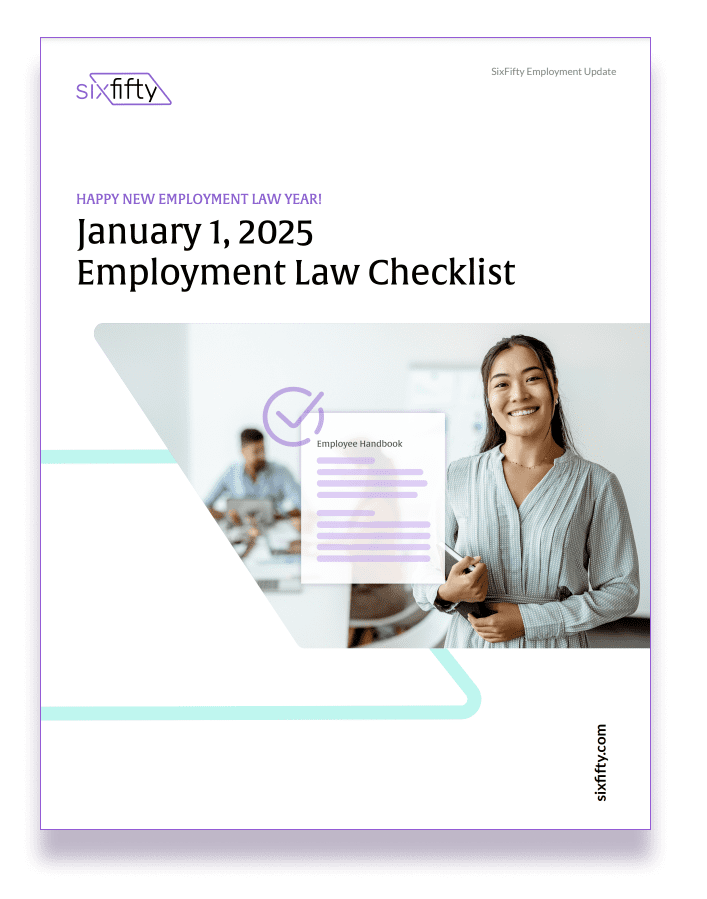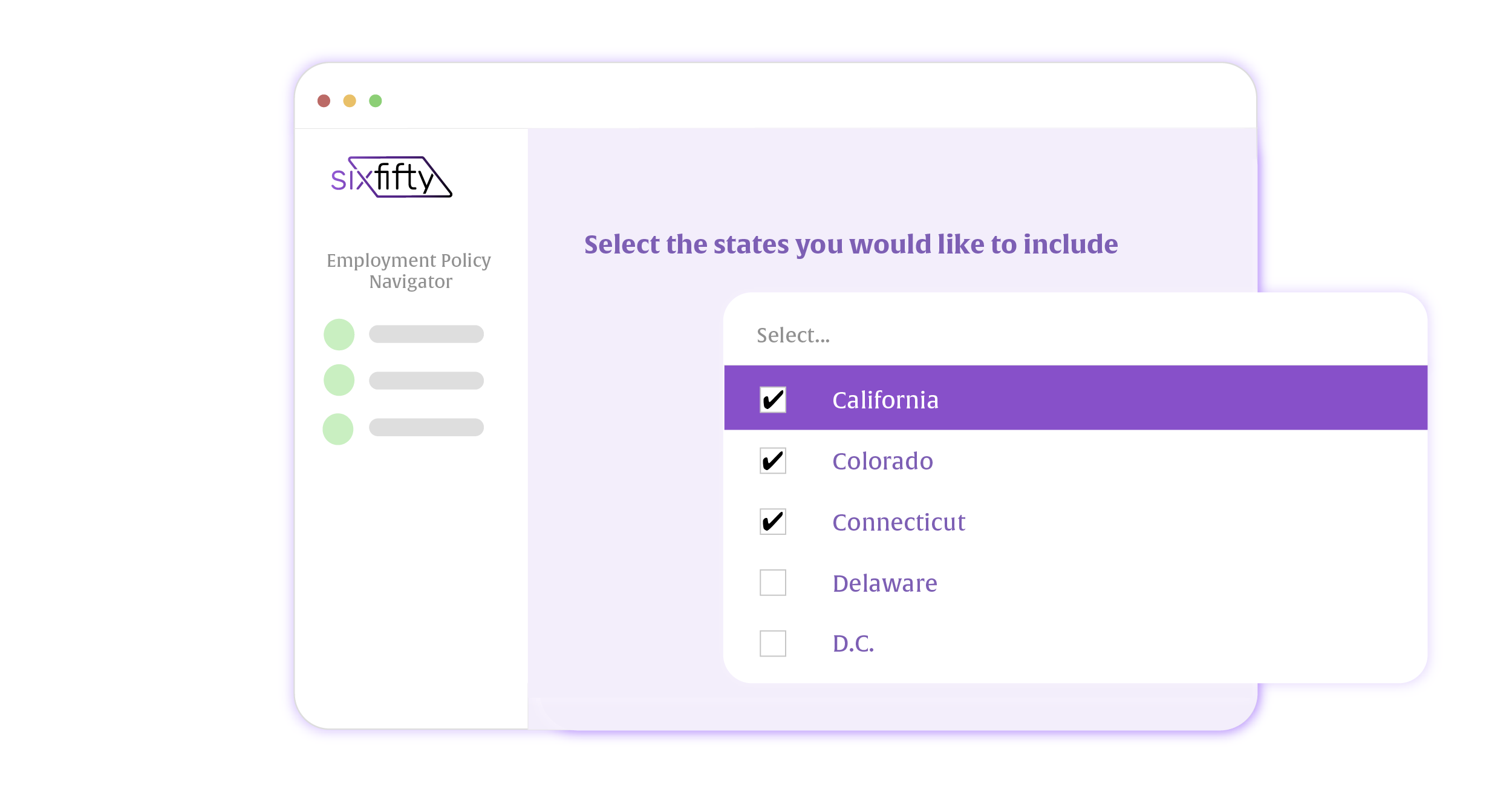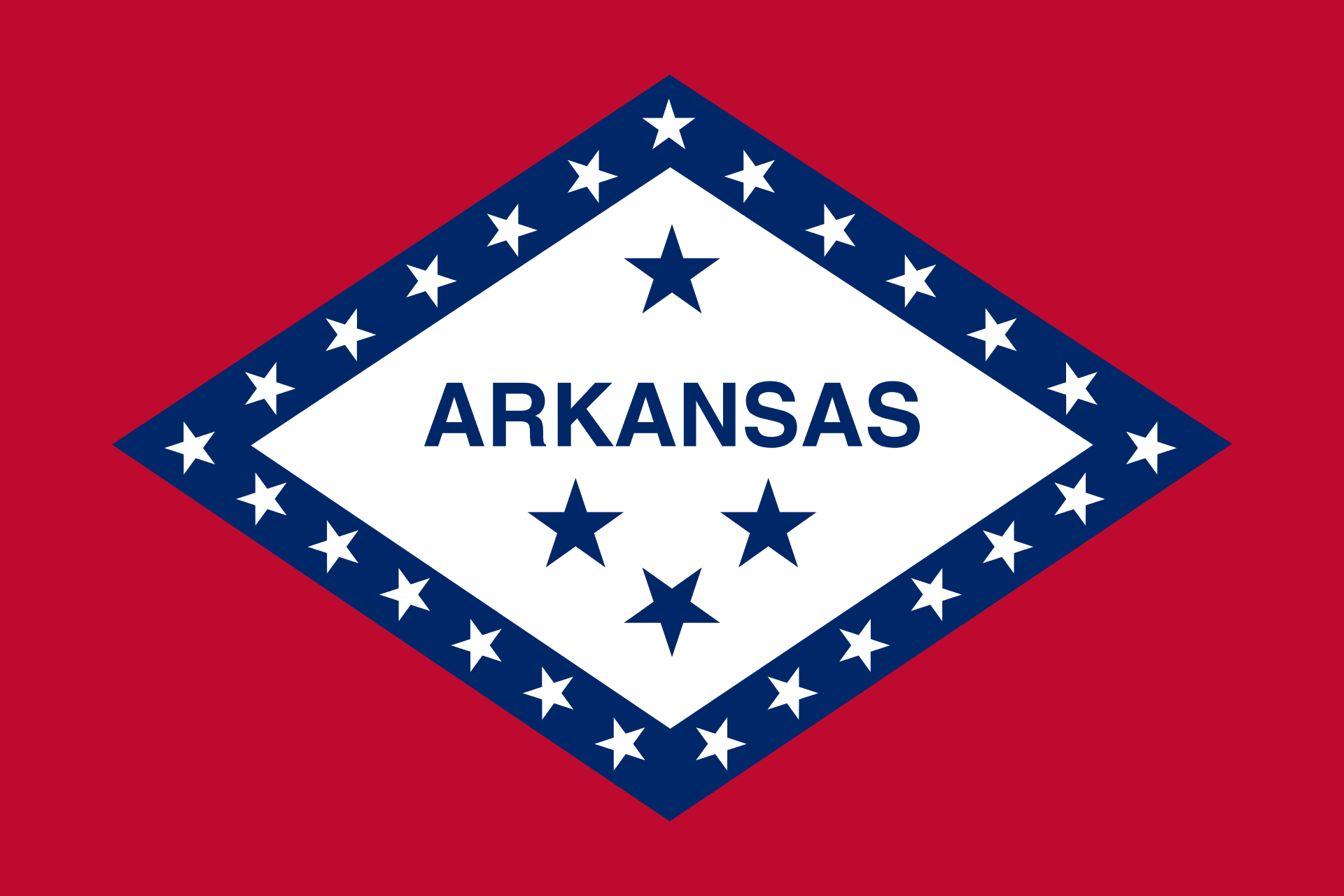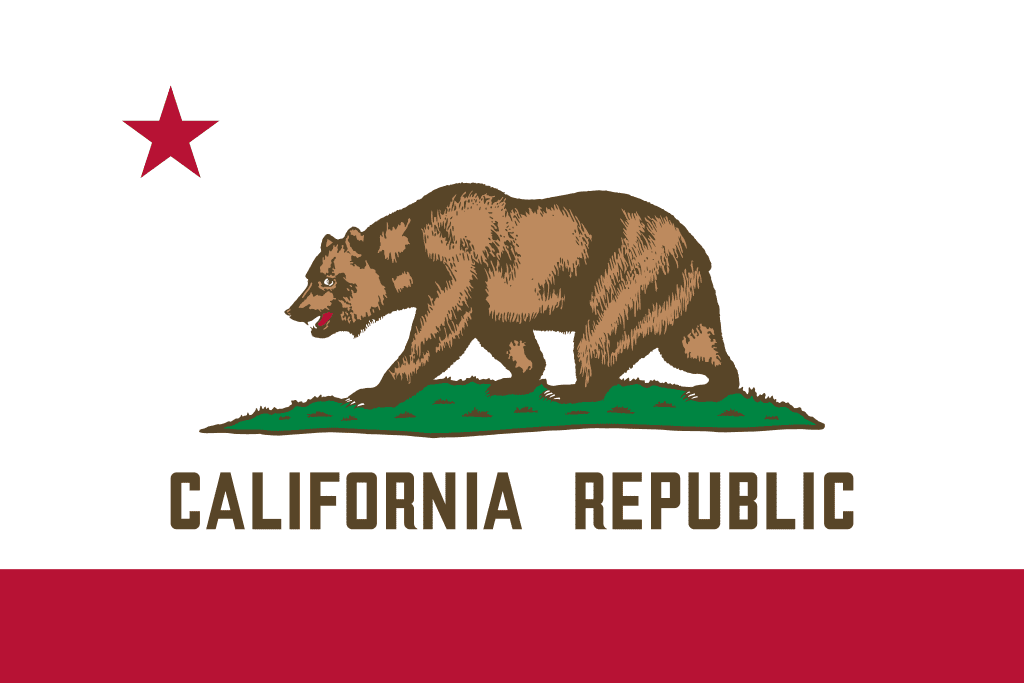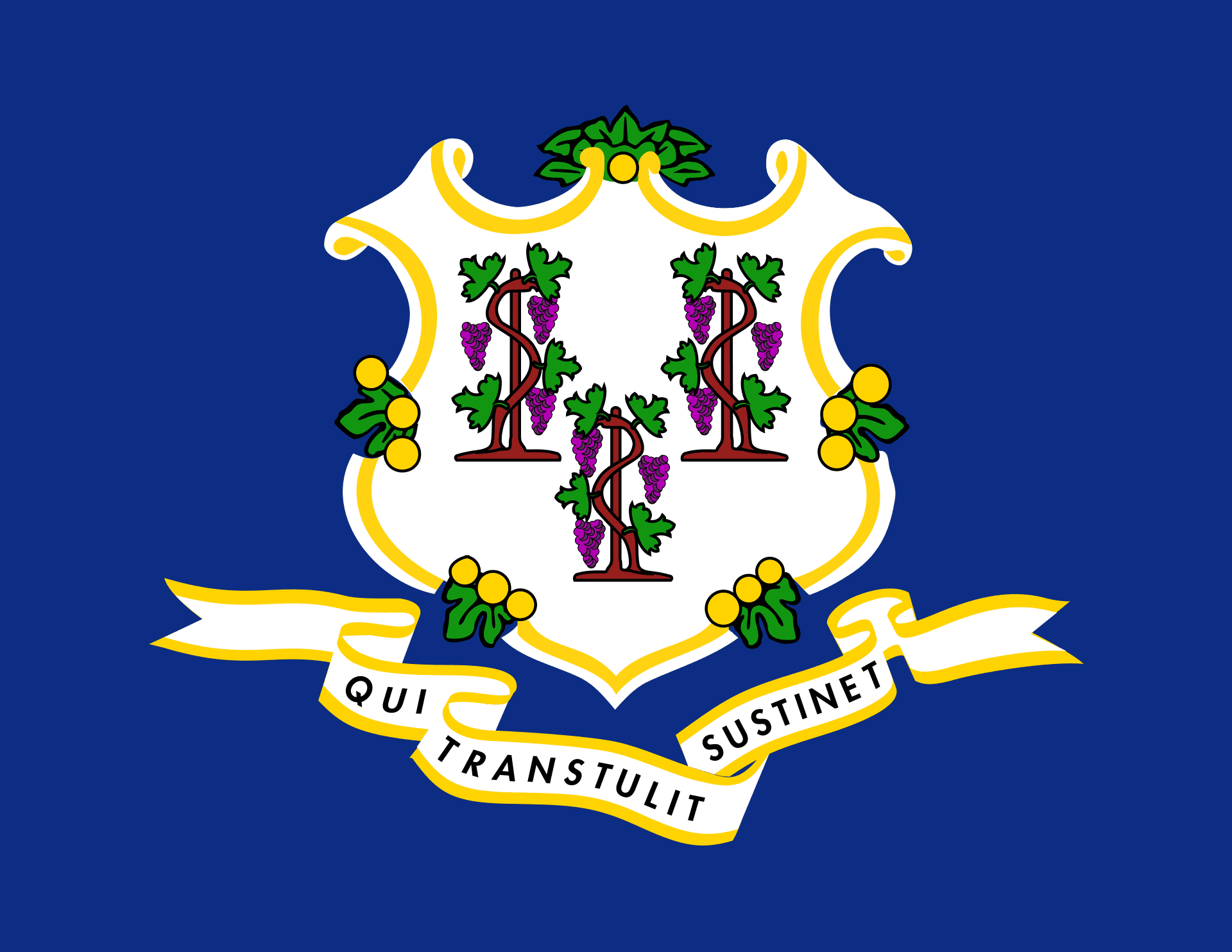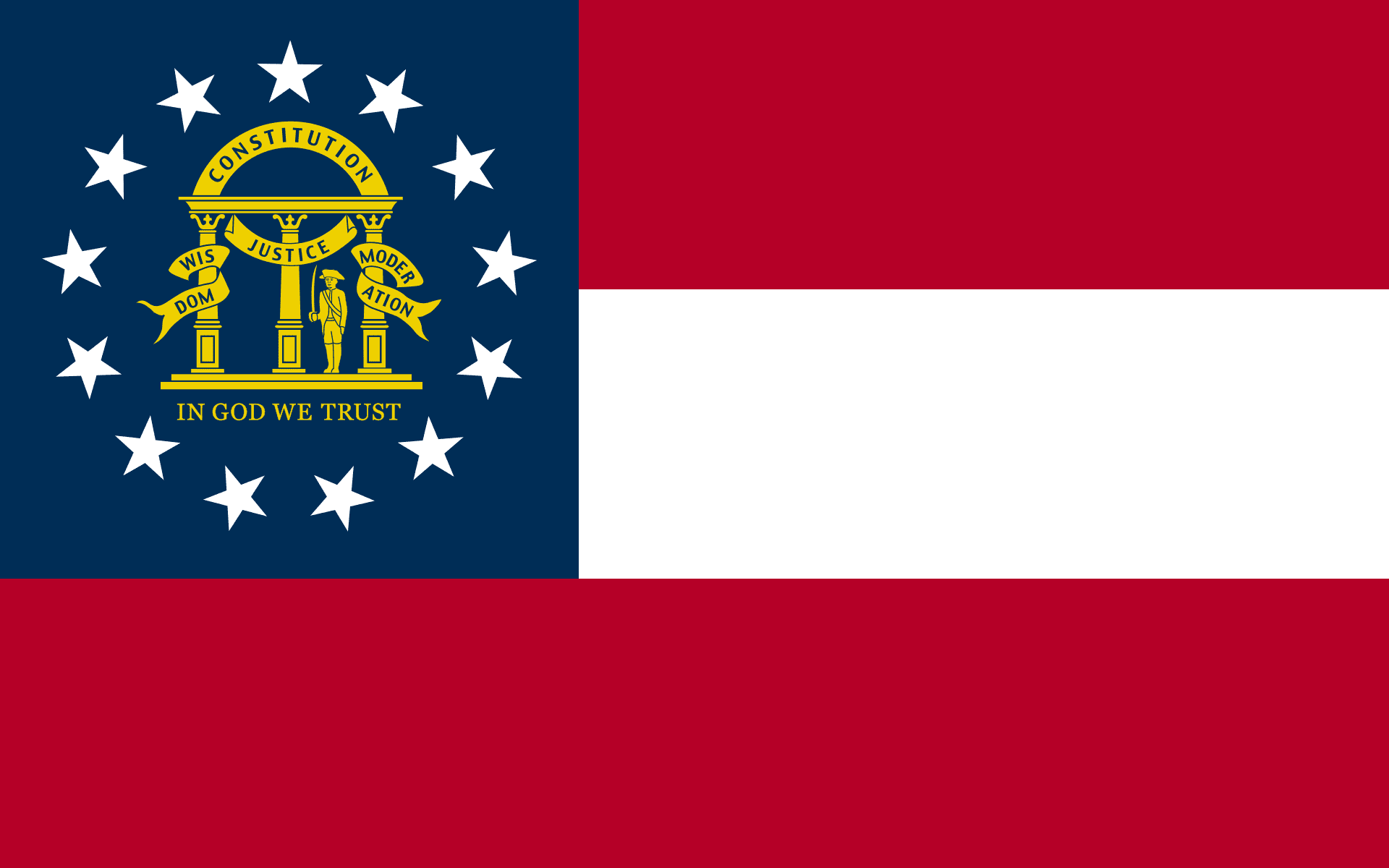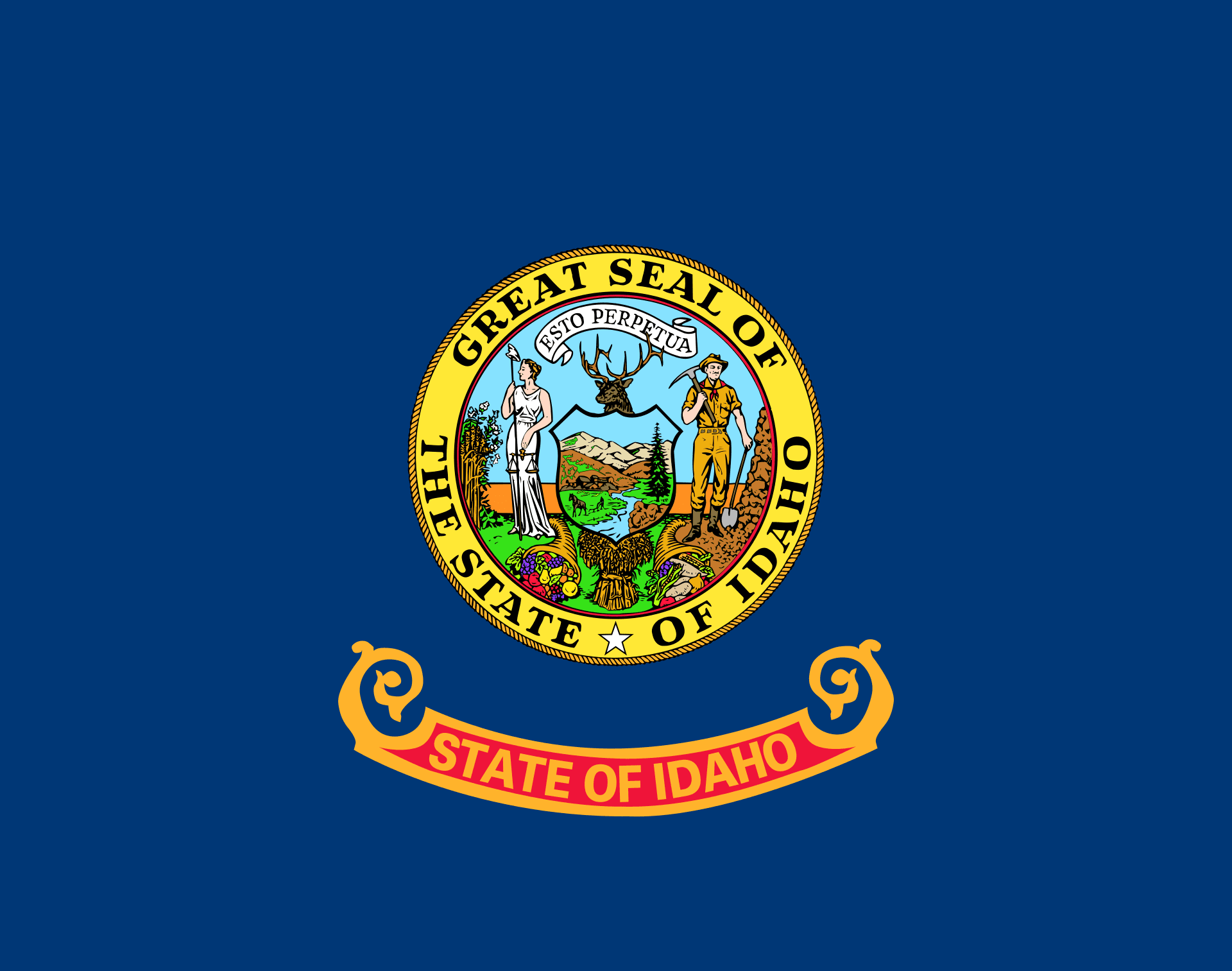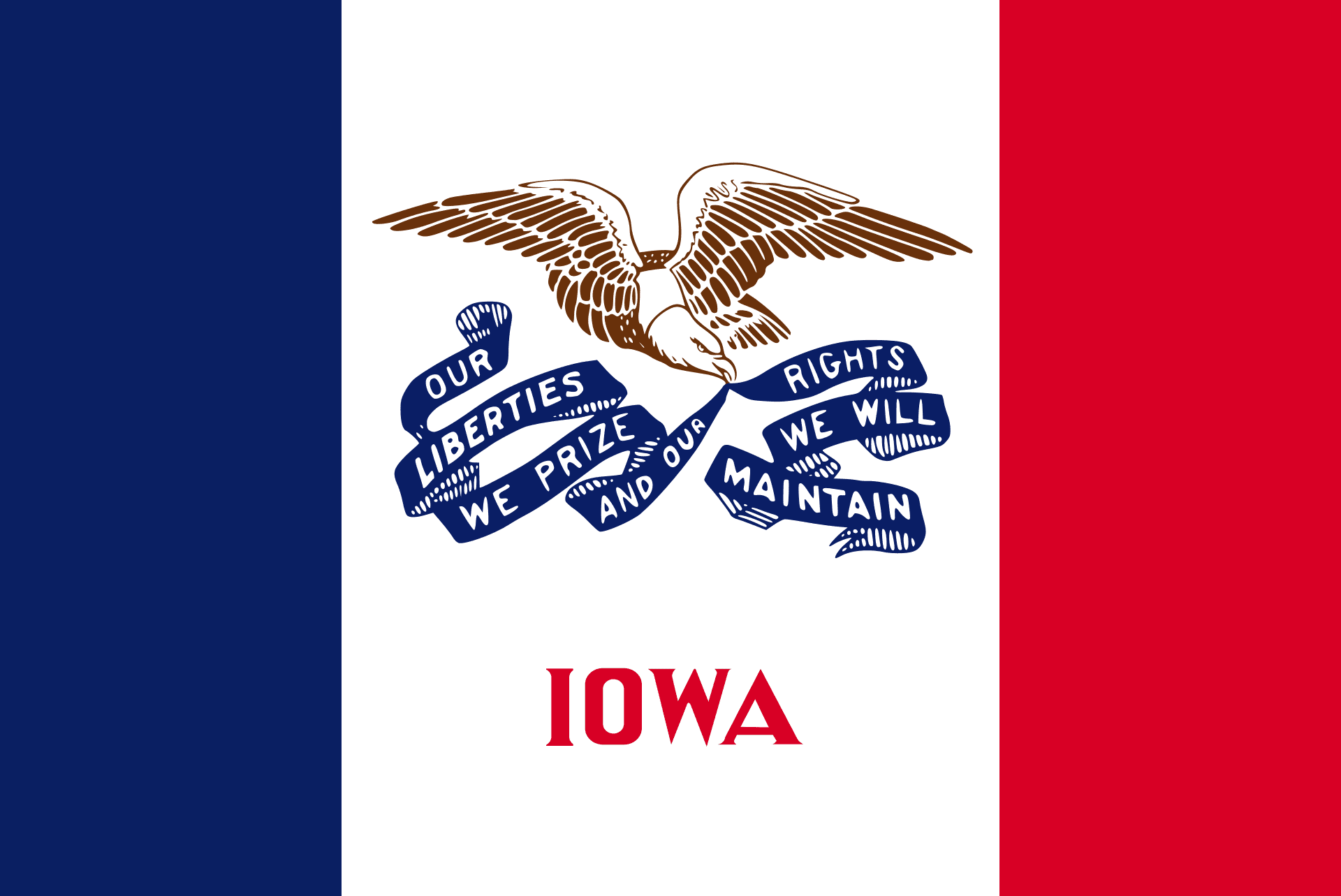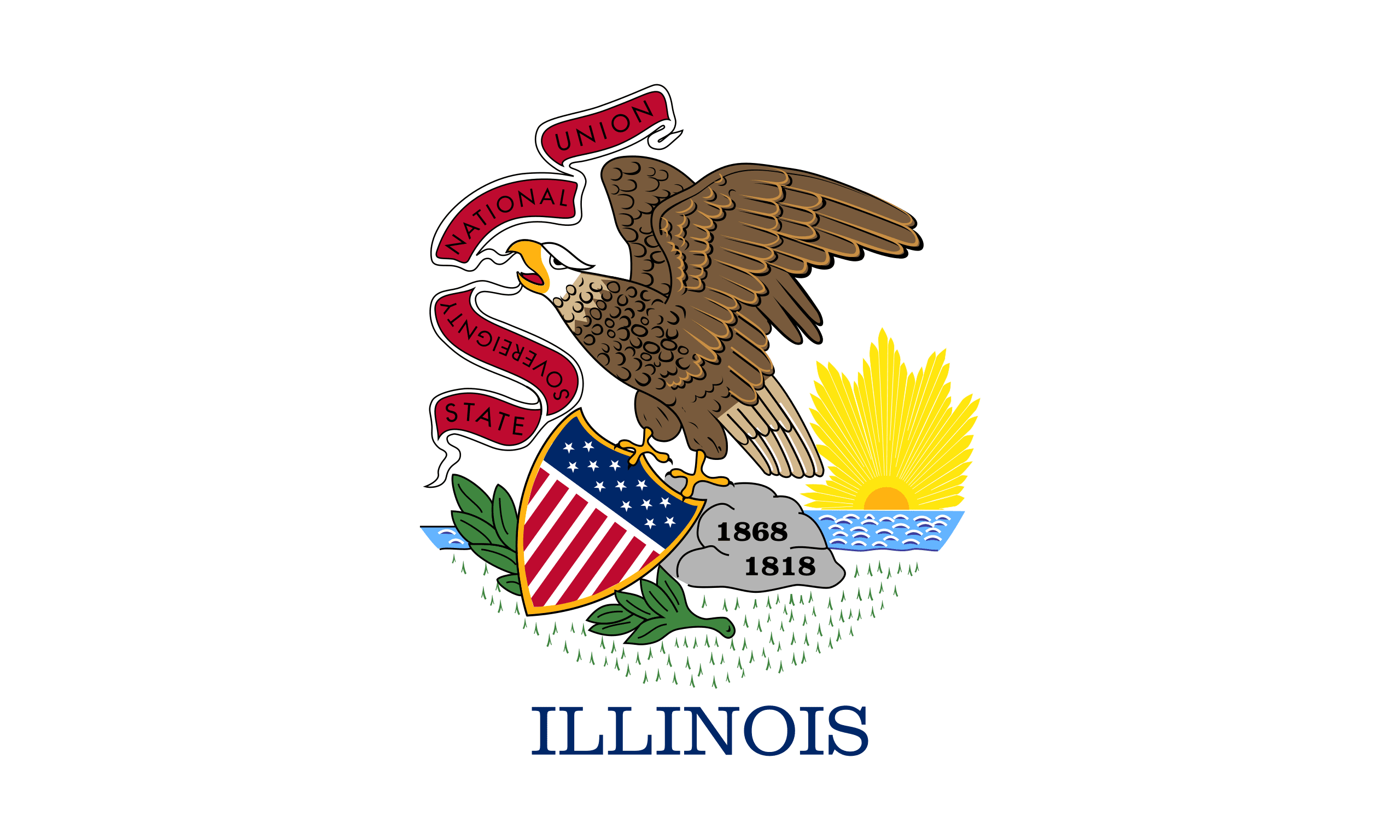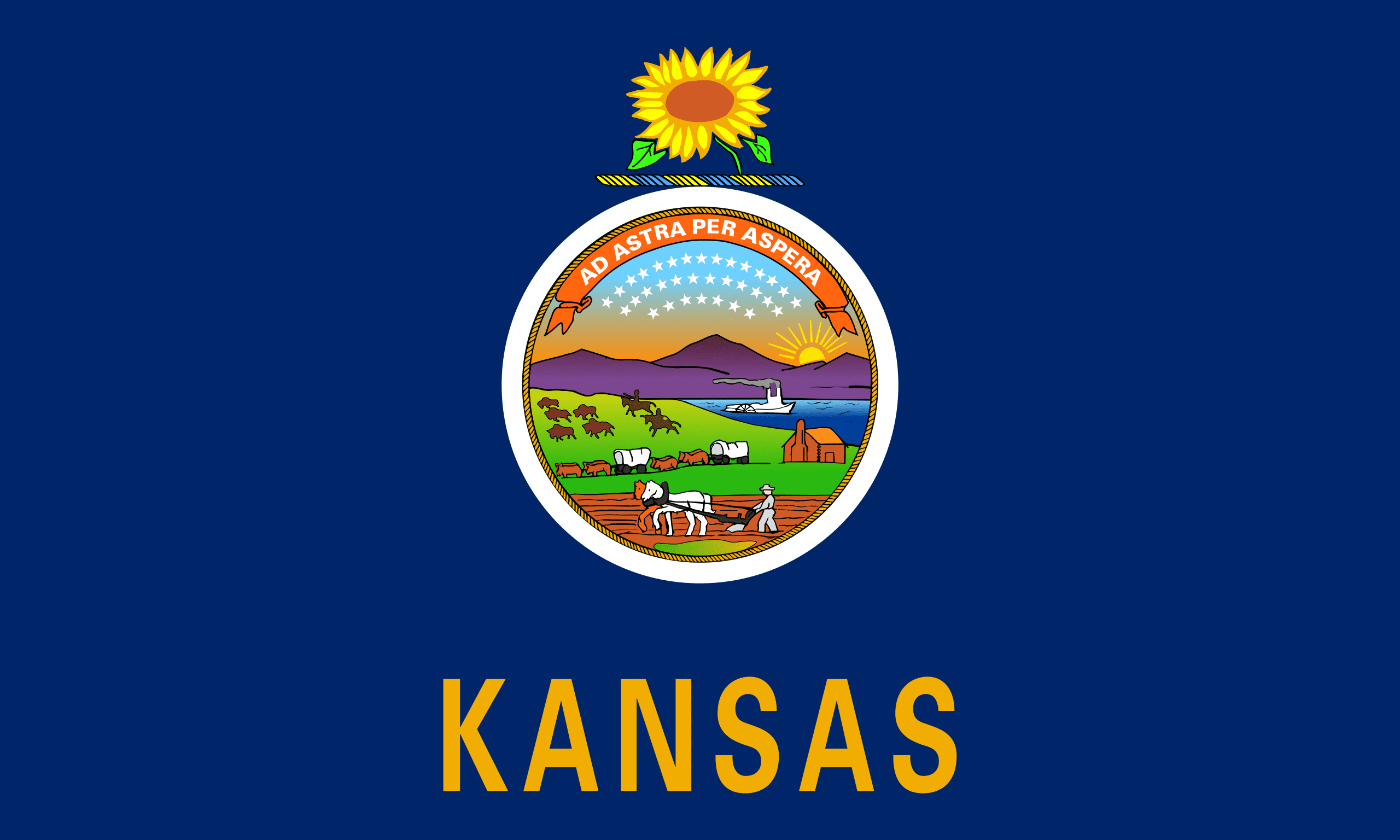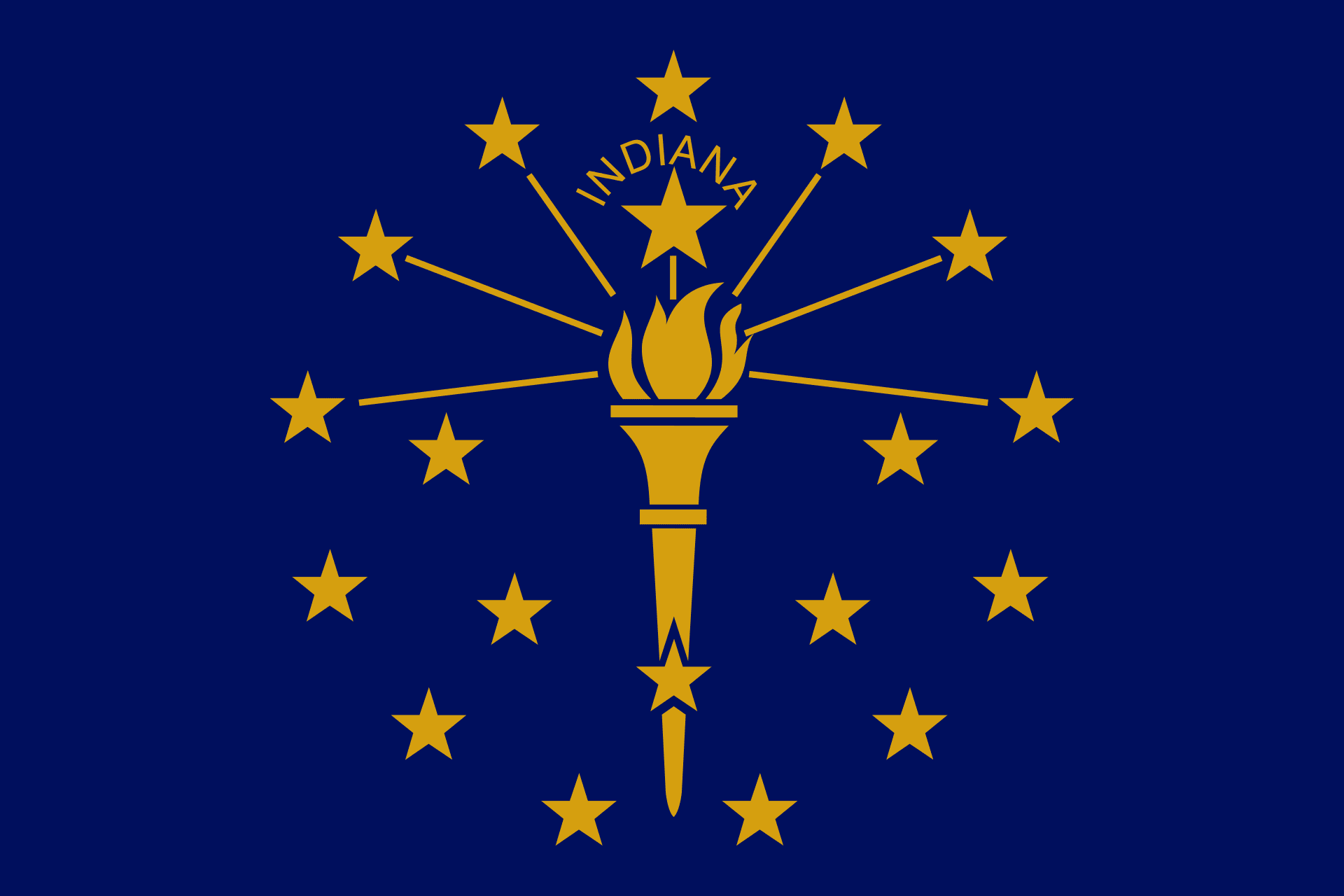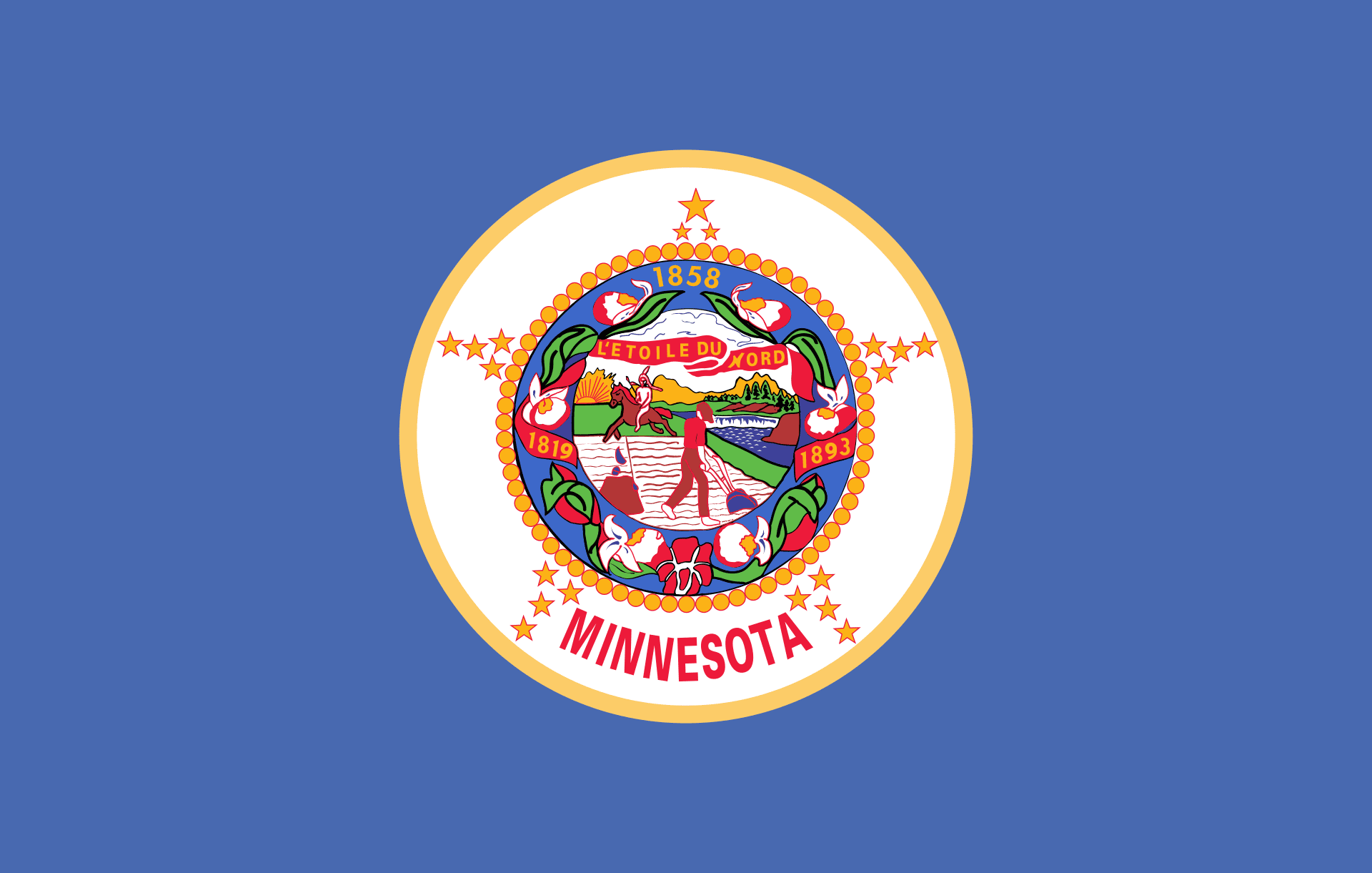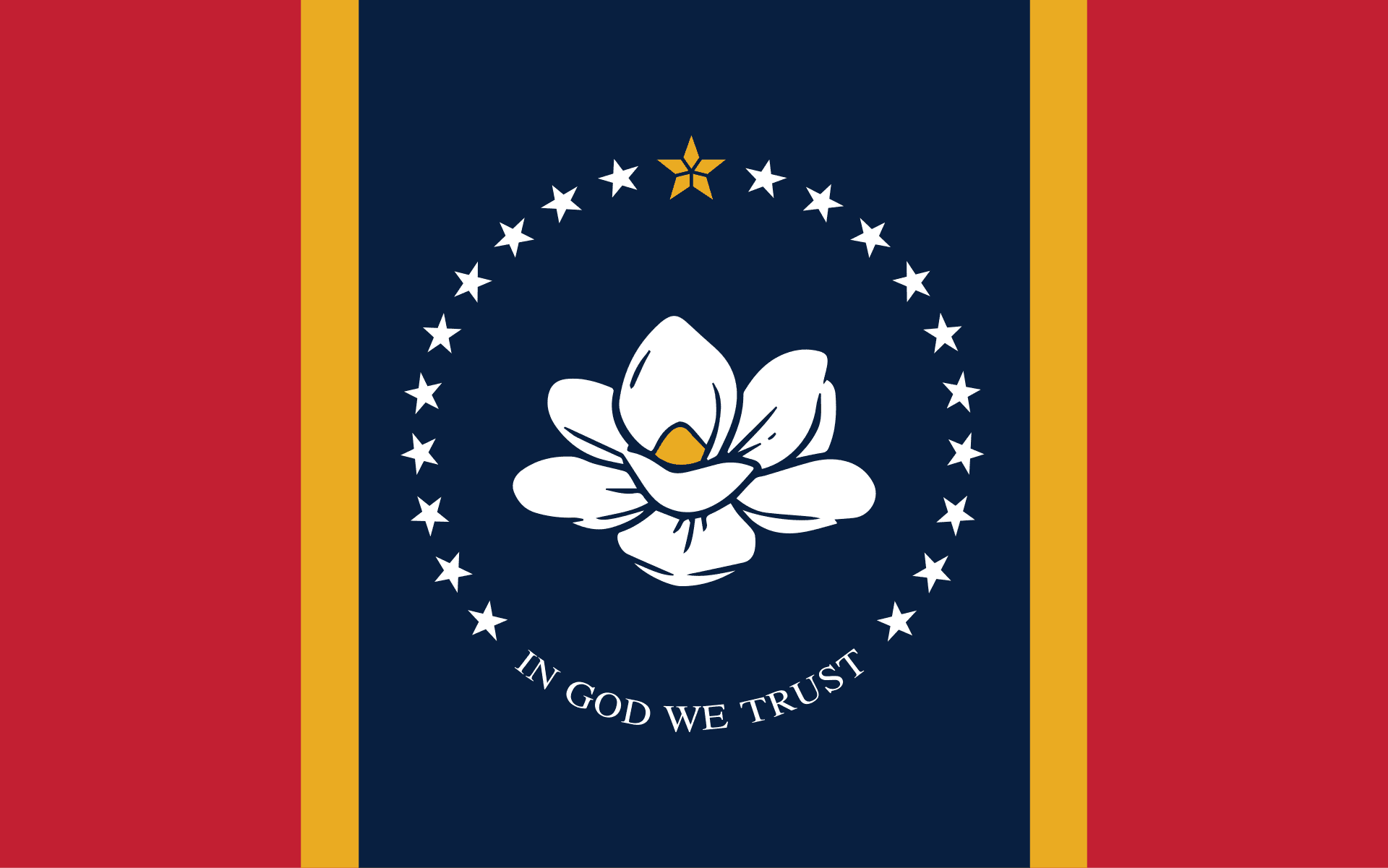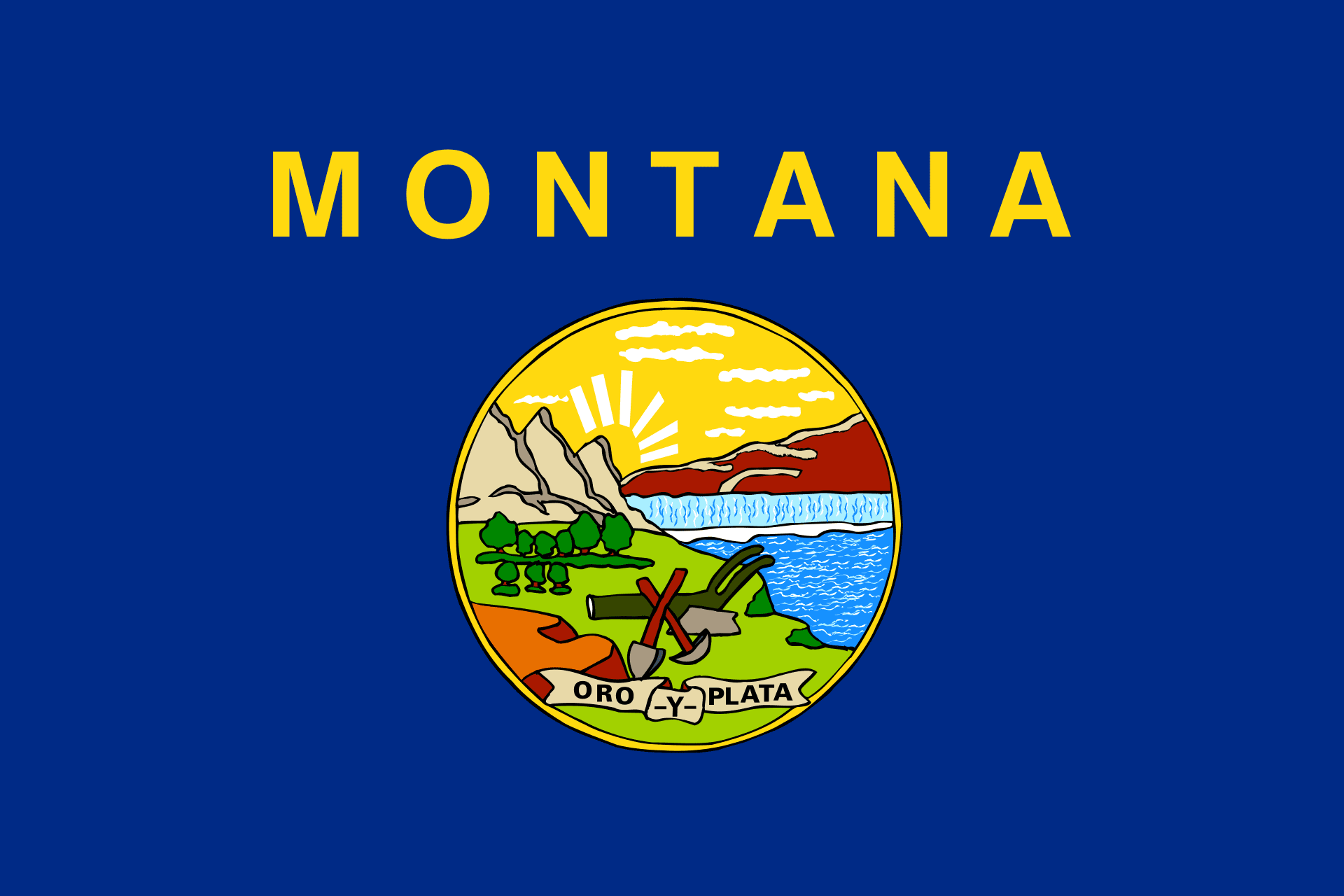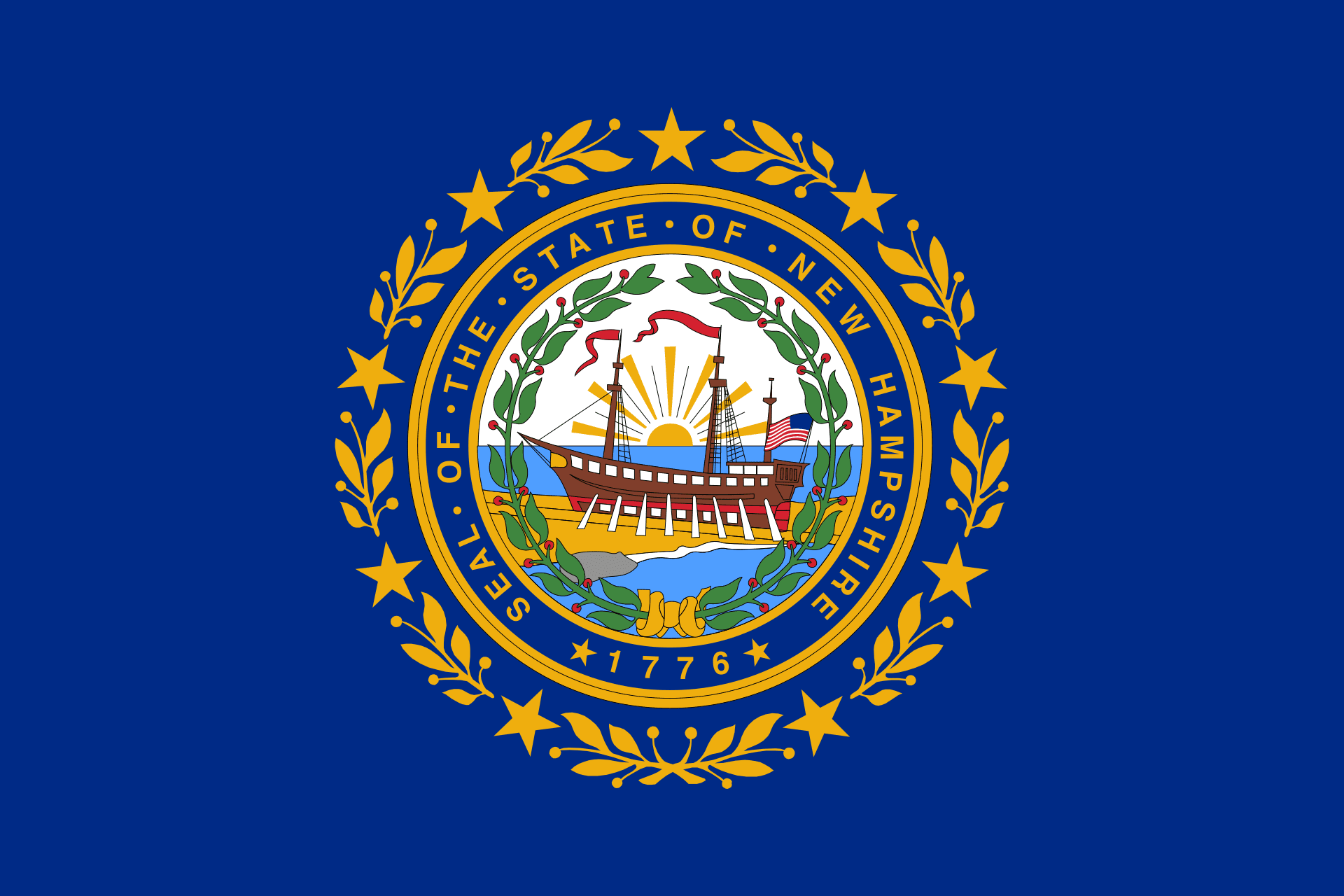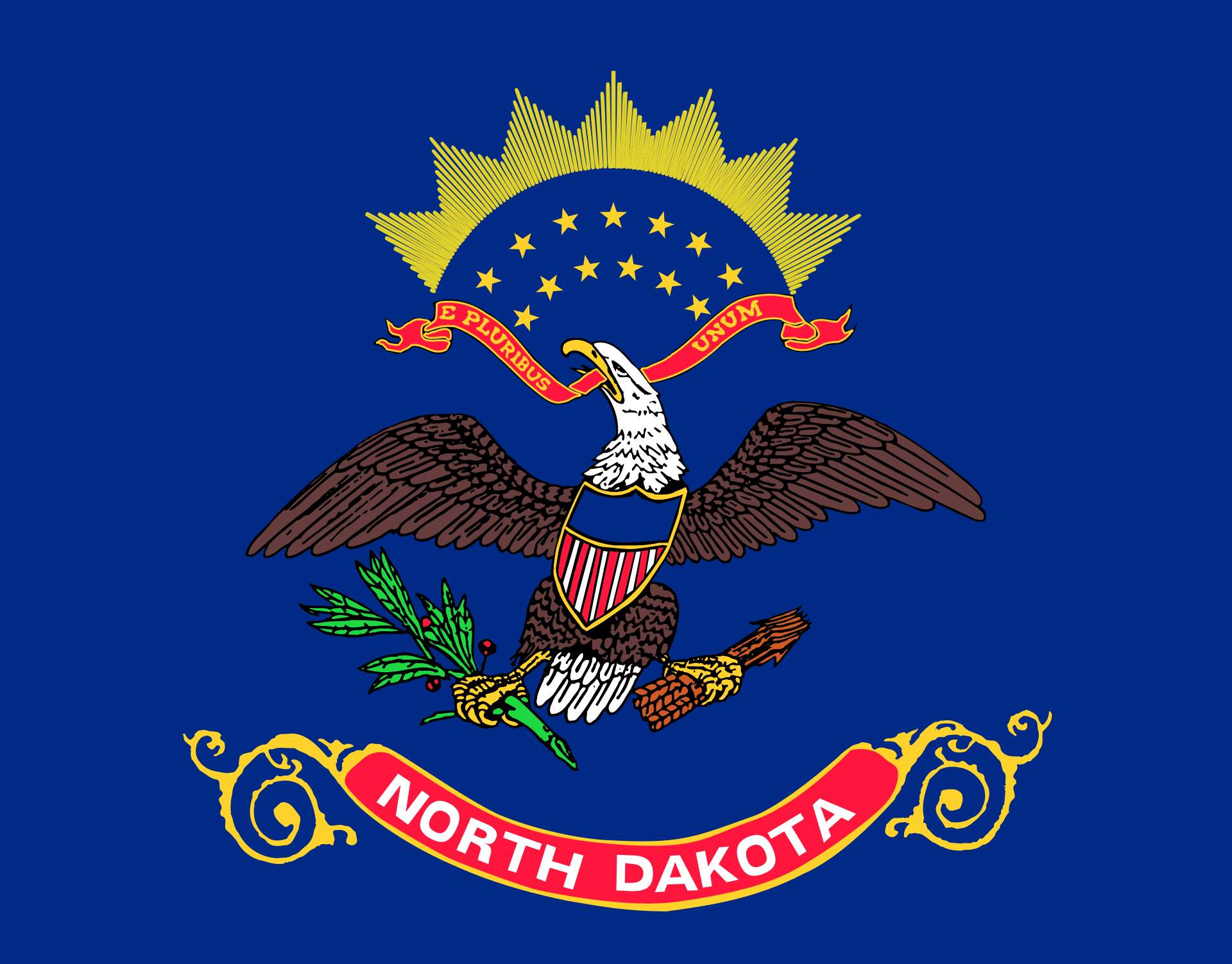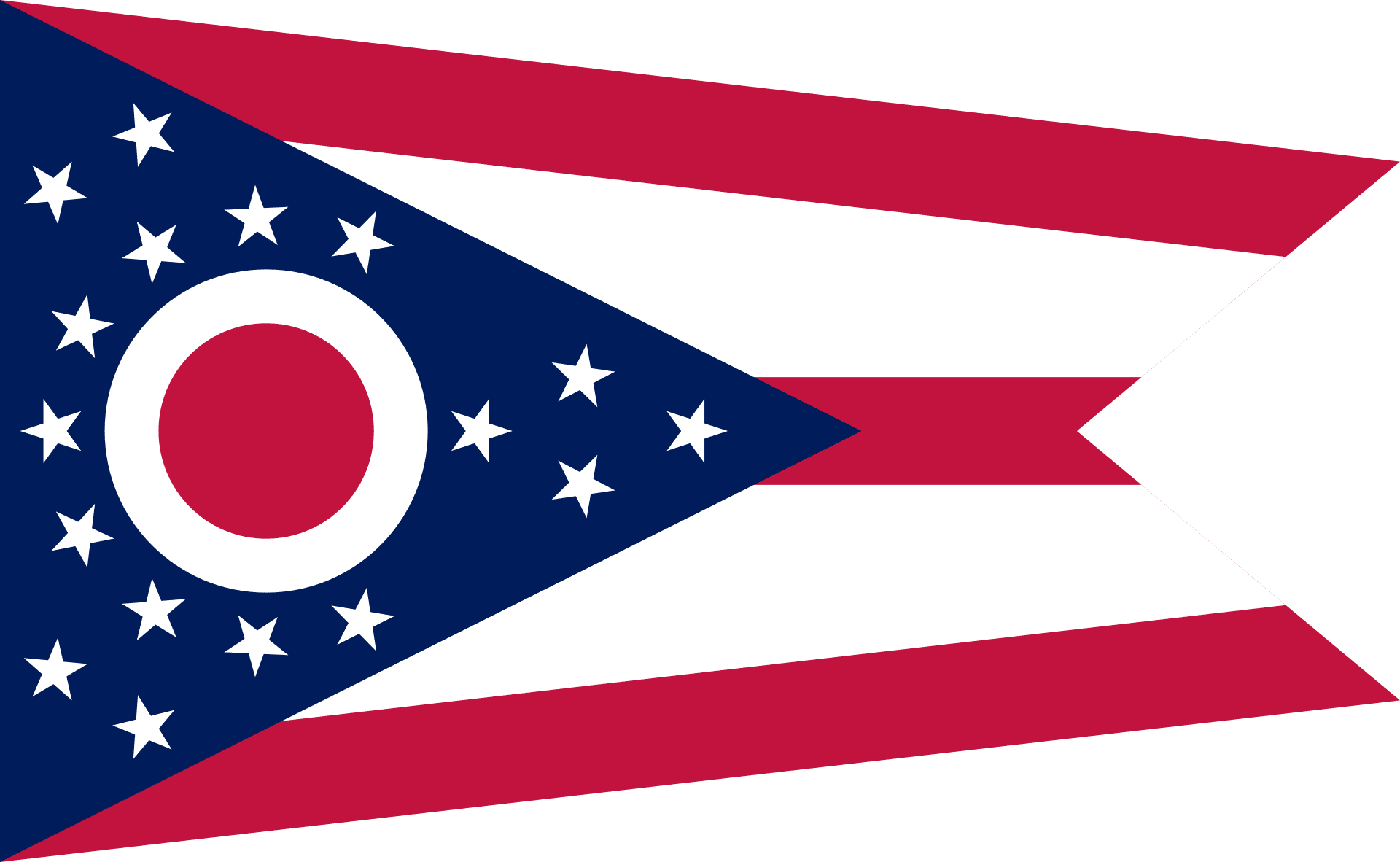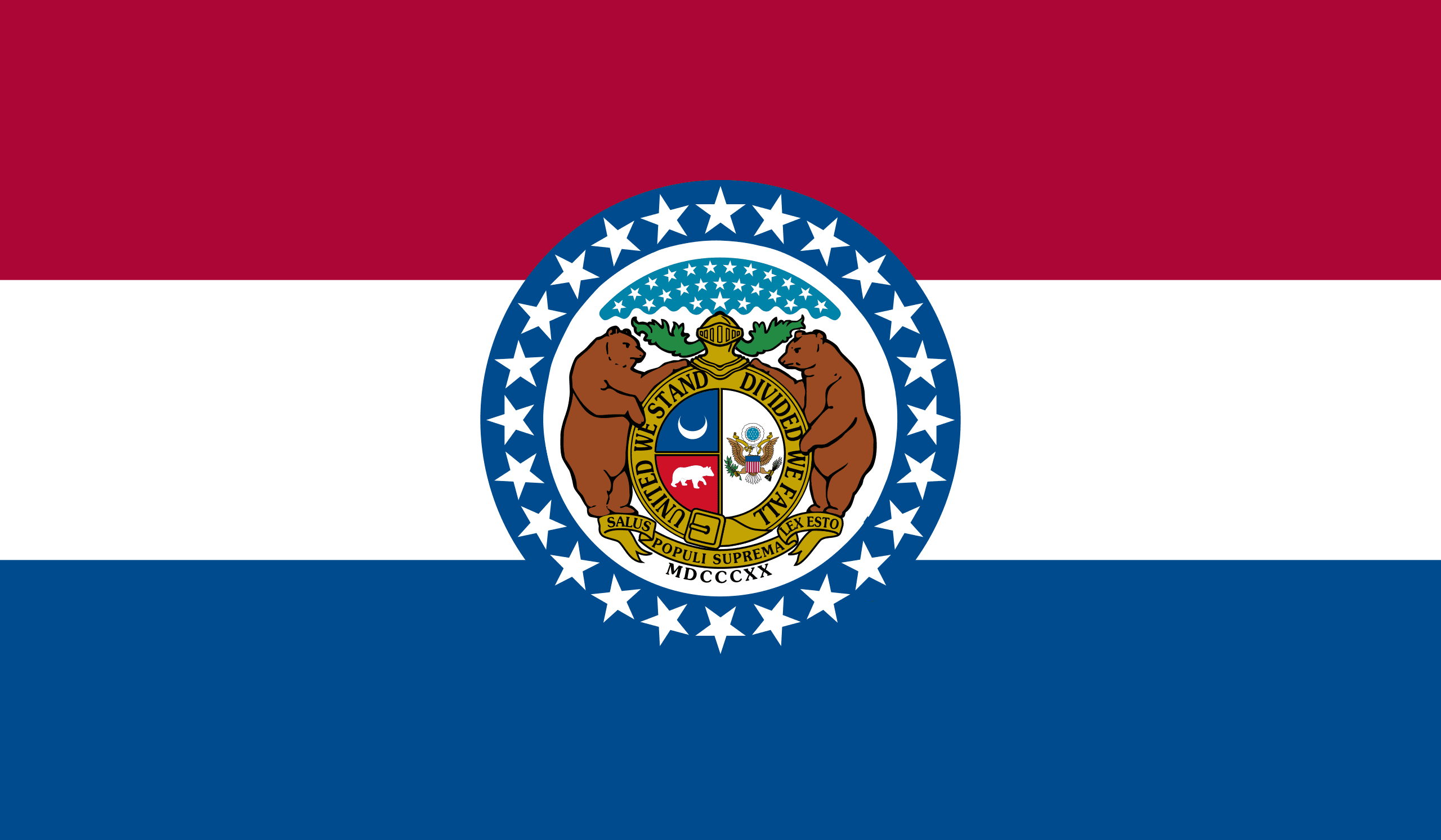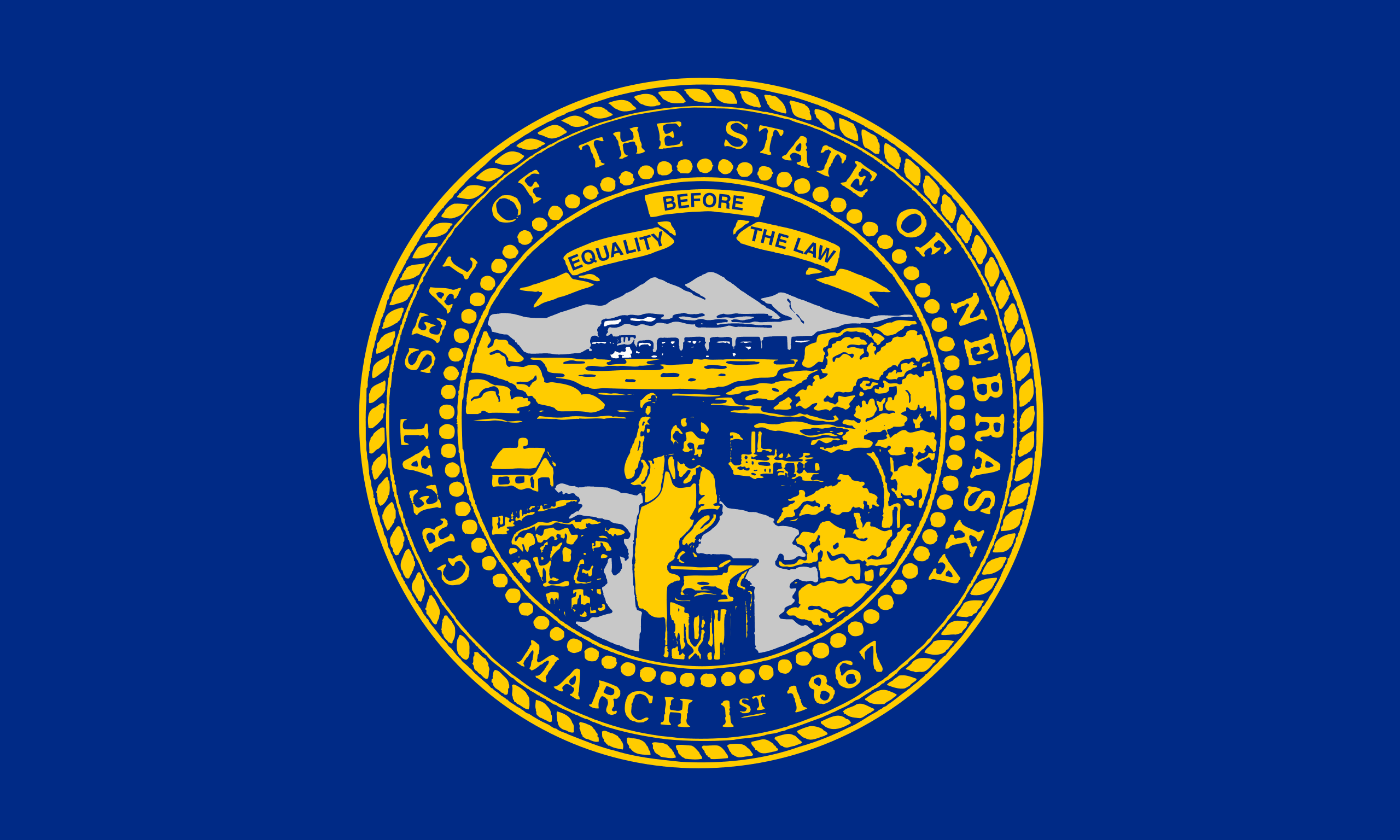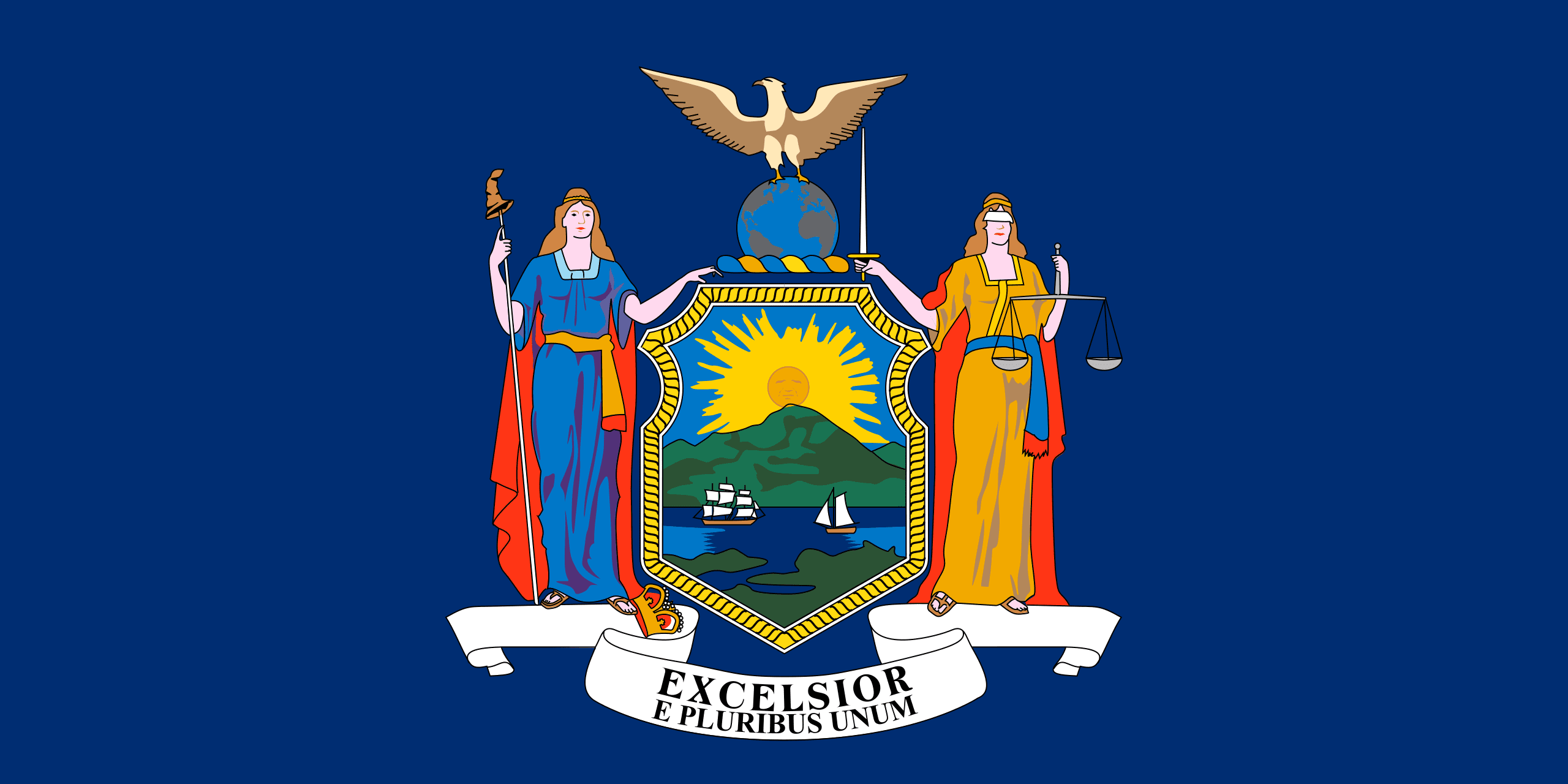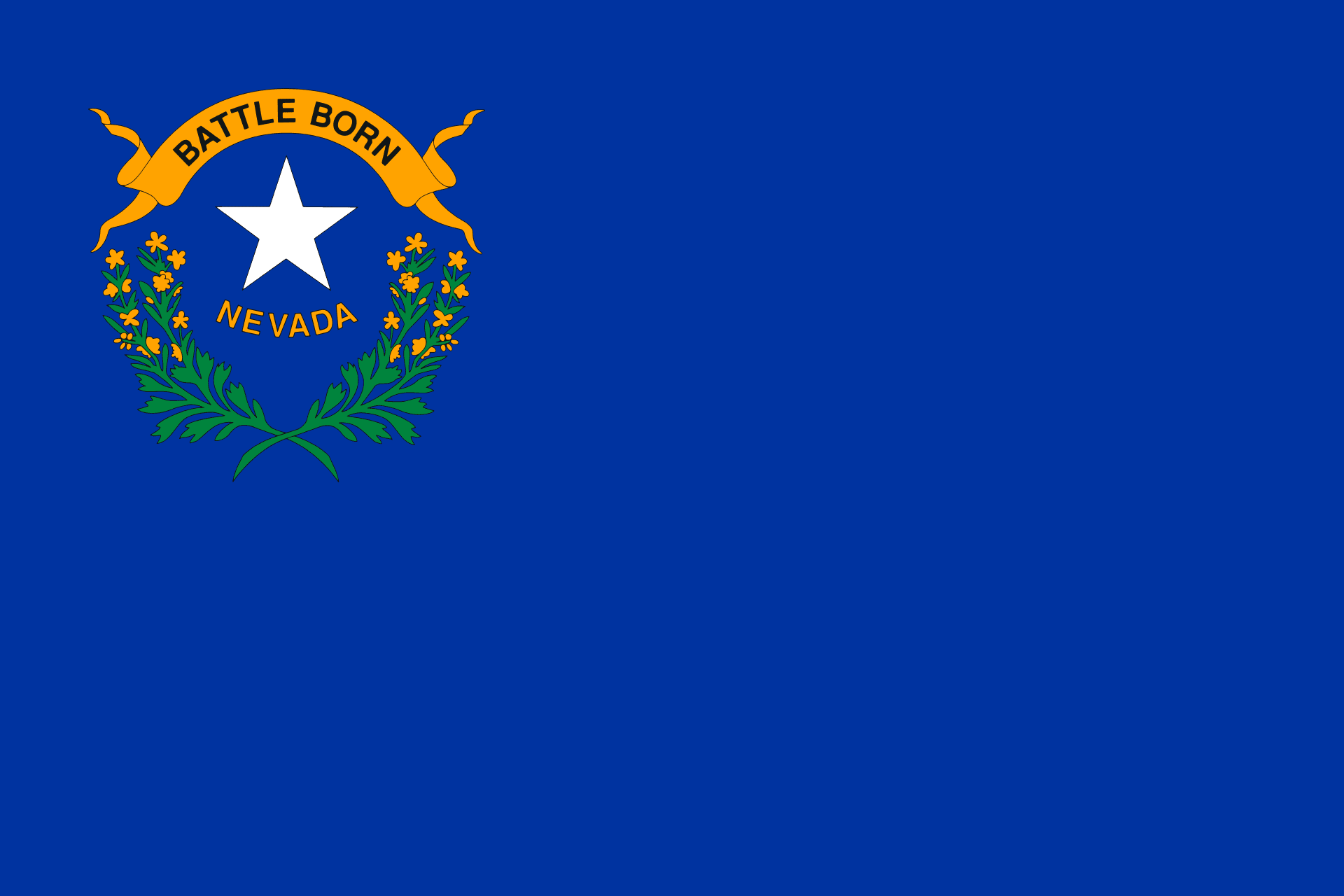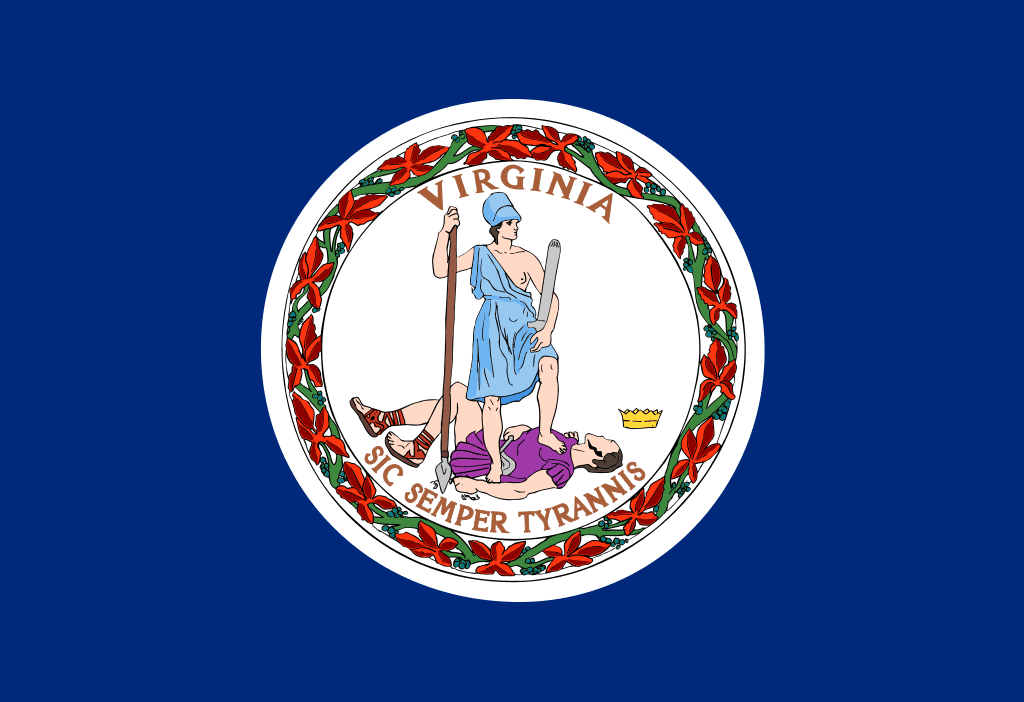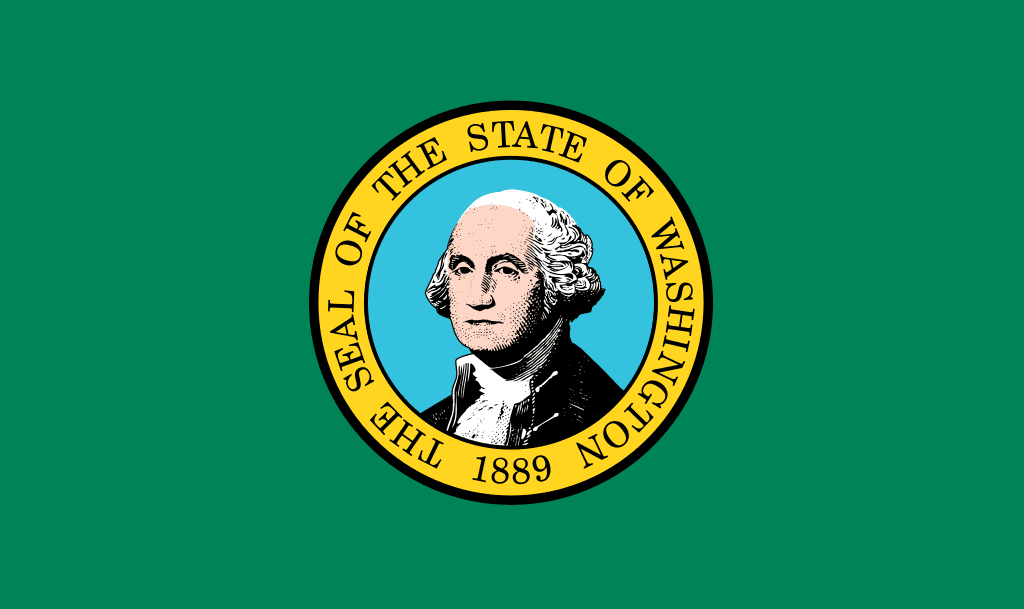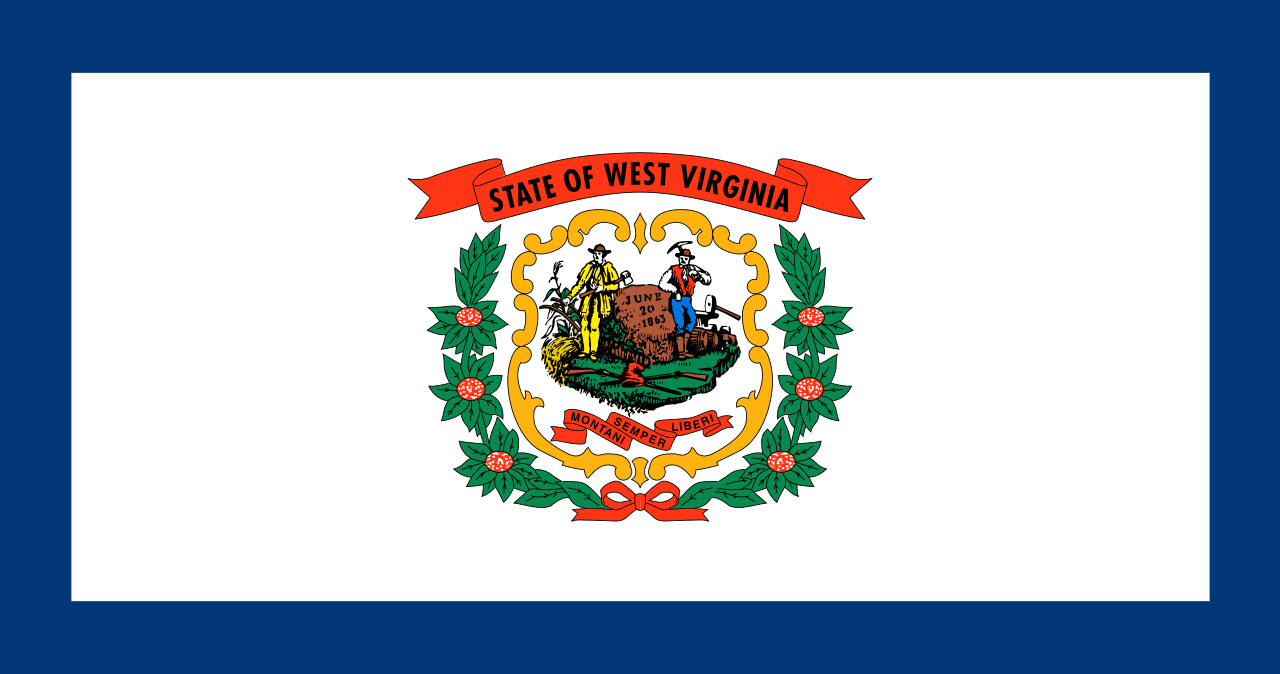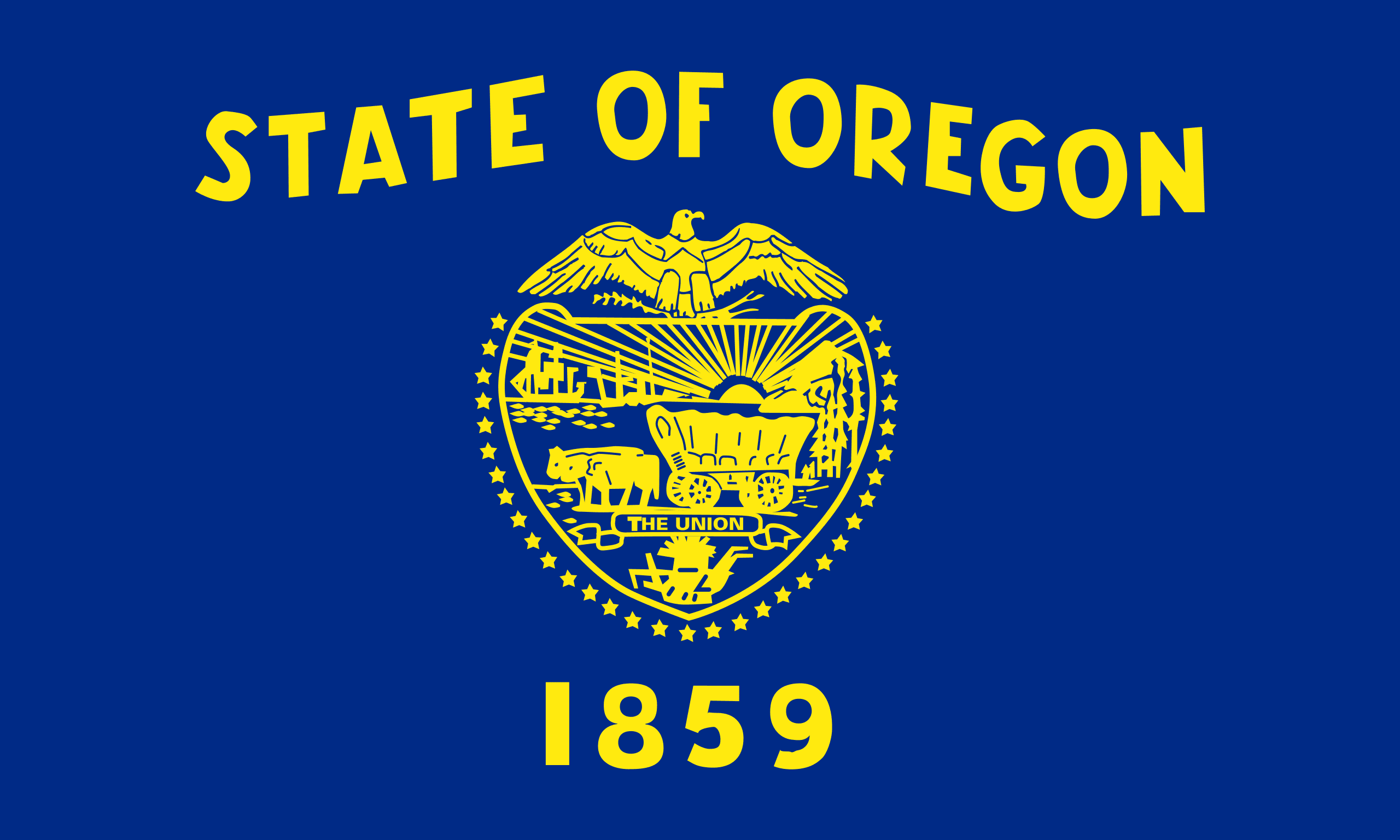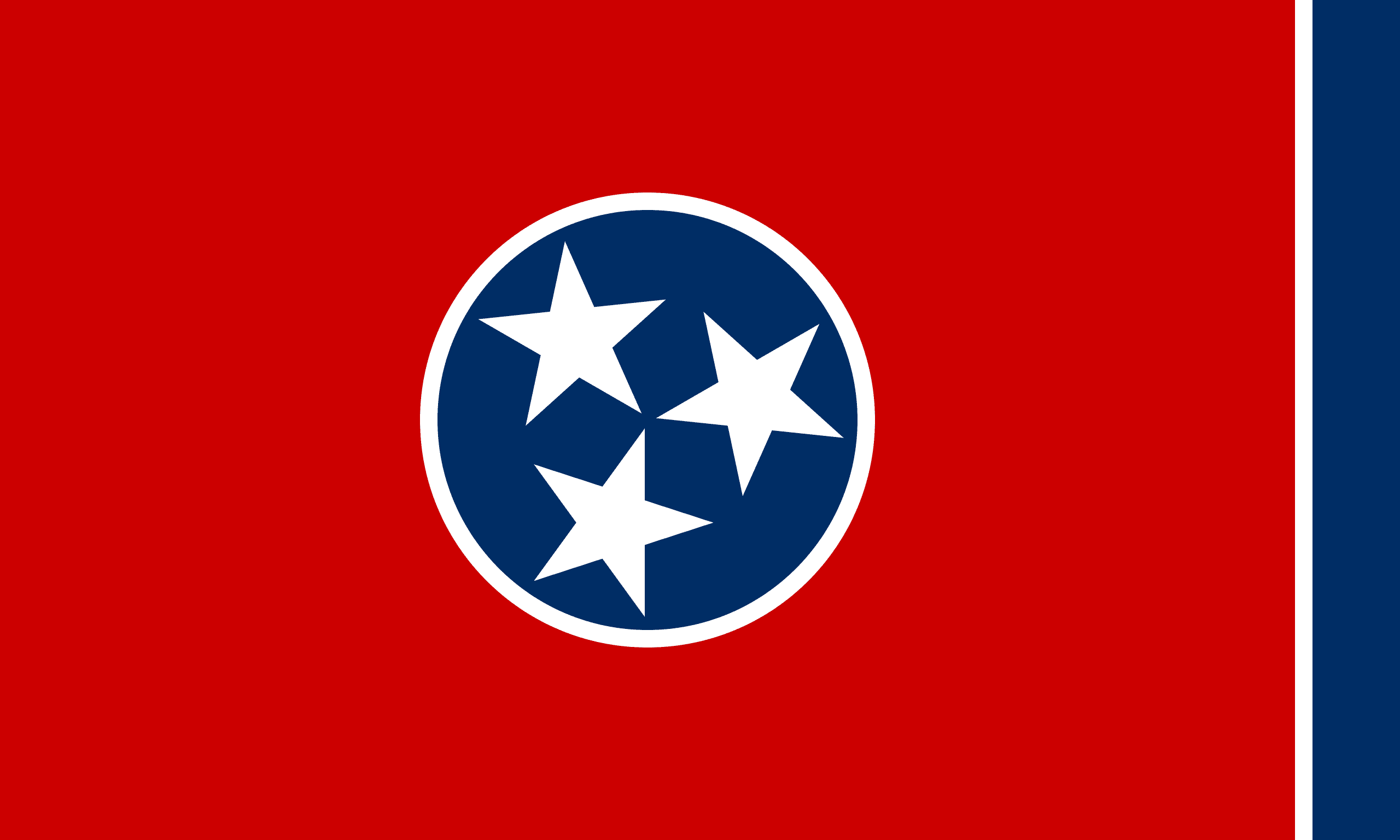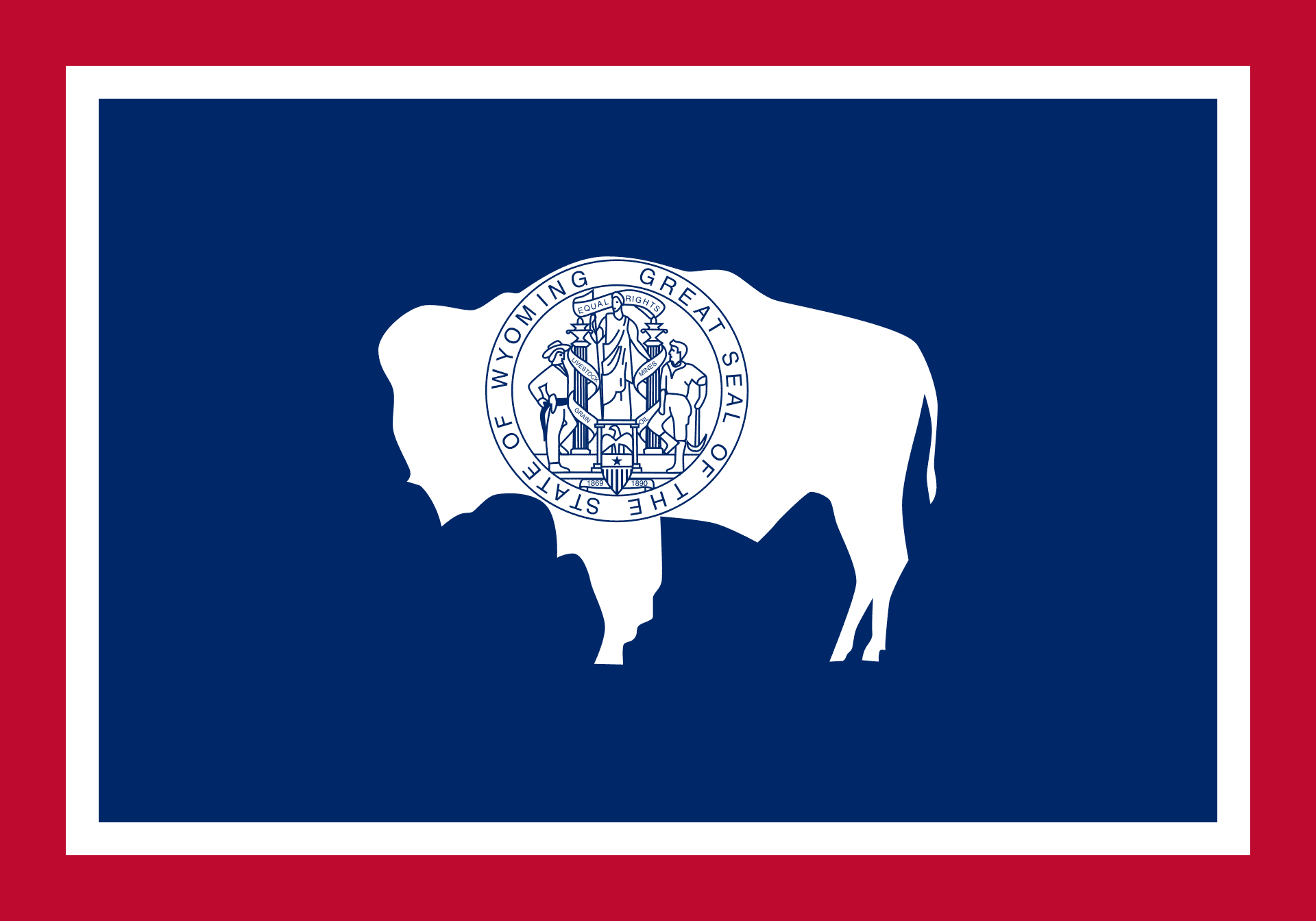For more information on these updates login to your SixFifty account or request a demo of our Employee Handbook tool to make sure you’re always in compliance.
-
Federal minimum wage and overtime exemptions updated: The new DOL salary thresholds for white-collar and highly compensated employee exemptions are effective July 1 and will increase again in January. Starting July 1, employees must earn at least $43,888 to be eligible for white-collar exemptions and $151,664 for the highly compensated employee exemption. Our Exempt Non-Exempt Analyzer tool reflects these latest changes.
-
California Workplace Violence Plan and training requirements begin: By July 1, California employers must implement a workplace violence plan and conduct training. See our blog post on this topic for more information.
-
Colorado updated its EEO Protections to include hair length associated with race: Colorado passed HB 1451 which expanded race-based employment protections to protect hair length commonly or historically associated with race. We have updated the EEO Policy to comply with this change.
-
Colorado created limited employment protections for organ donors: Colorado passed HB 1132 which provides living organ donors with limited employment protections before and after they donate. We have added information to the Policy Research Center about Colorado Organ Donor protections.
-
Connecticut expands Crime Victim Protections: Connecticut passed HB 5399 which expands crime victim protections to include victims of sexual assault. This law is effective October 1, 2024.
-
Florida Changes Meal and Rest Breaks for Minors: Florida passed HB 49 which eliminates meal and rest breaks requirements for employees 16 and 17 years old. We have updated our Meal and Rest Break policy to comply with this change.
-
Illinois Chicago Paid Leave and Paid Sick Leave takes effect: Chicago’s new paid leave and paid sick leave requirements go into effect July 1, 2024. Our tools have already been updated with this change.
-
Louisiana changes meal and rest breaks for minors: Louisiana passed HB 156 which eliminates meal and rest breaks requirements for employees 16 and 17 years old. We have updated our Meal and Rest Break policy to comply with this change.
-
Maryland prohibits discrimination on the basis of military status: Maryland passed HB 598 which prohibits discrimination in employment and housing based on military status. Our EEO Policy already includes protections for military status due to Federal requirements so no change is necessary.
-
Minnesota Amends Voting Leave Law: Minnesota passed HB 1830 which clarifies that employees are allowed to take voting leave during early voting periods before an election. We have updated our Voting Leave policy to comply with this change.
-
Minnesota Amended its Sick Leave Law: Minnesota passed HF 5247 which made many changes to the state’s sick leave requirements. This amendment includes a new use, updated incremental use rules, and an adjustment to eligibility. Our Sick Leave policy has been updated to comply with this change.
-
New York Requires Paid Lactation Breaks: New York passed Bill Number A08806C which provides lactating employees with up to 30 minutes of paid breaks each time they have a need to express milk. We have updated our Lactation Accommodations policy to comply with this change.
-
Oregon Family and Medical Leave Updates Take Effect: In April, we told you about changes to Oregon’s Family and Medical Leave law. This is a reminder that that change is effective July 1, 2024, and has already been implemented in our products.
-
Vermont Captive Audience Meetings law takes effect: Vermont recently enacted a new captive audience law, prohibiting employers from requiring employees to attend meetings whose principal purpose is to deliver the employer’s opinion about religion or politics. The new restriction is effective July 1, 2024. We’ve updated our Political Activity Policy to reflect this change.
-
Vermont adds to protected characteristics: Beginning July 1, 2024, Vermont has adopted the CROWN Act which adds a new definition of “race” to their protected characteristics. We have already updated the EEO Policy to comply with this change.
-
Virginia expands EEO protections: Virginia passed HB 18 which expanded the Virginia Human Rights Act to include ethnic origin as a protected class. We have updated the EEO Policy to comply with this change.
-
Washington Captive Audience Meetings law takes effect: Washington’s new captive audience meeting law went into effect on June 6. We’ve updated our Research Center and Political Activity Policy to reflect this change.
